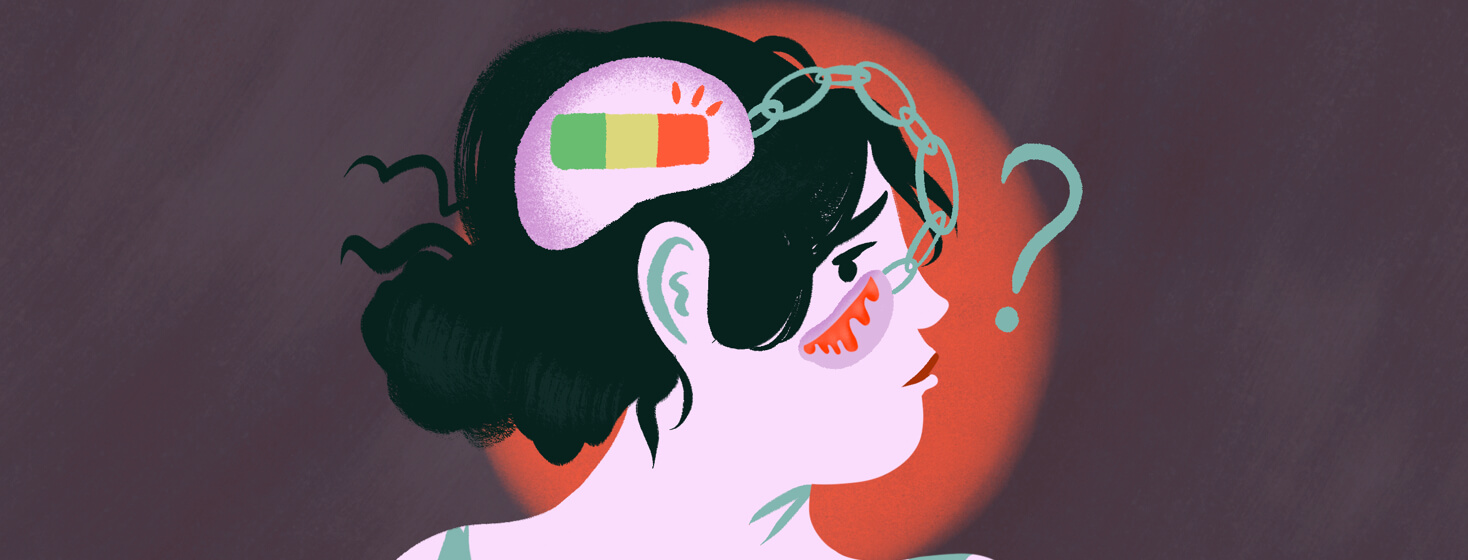Migraines and CF: Are They Related?
Migraines an extremely common condition; In fact, migraine is considered the third most common condition in the world.1 12-15% of the population is affected by migraines.2
The link between cystic fibrosis (CF) and headaches is well-documented. However, this is not the case for migraines. What is the relationship between CF and migraines, if any, and what treatment options are there for people who suffer from this comorbidity?
Headaches versus migraines
It is important to differentiate headaches and migraines, as treatment approaches vary. In short, migraines are considered more painful than headaches and often more debilitating. Migraine headaches are severe and usually affect just one side of the head and are throbbing in nature. Accompanying symptoms are common, such as nausea and light and sound sensitivity. In headaches, these accompanying symptoms don’t occur. In addition, migraines occur most commonly in women and those between the ages of 30-39.3
In CF, headaches are linked to sinus infections or nasal polyps. In fact, headache is one of the most frequent types of pain reported in people with CF, in addition to back and stomach pain.4
Migraine triggers
Migraines are known to have lifestyle and emotional triggers. One study analyzed these triggers, and found that 3 in 4 people with migraines have one of the following triggers before an attack.5 The most common triggers, in order, are:
- Emotional stress
- Hormone fluctuations (for example, menstruation)
- Inconsistent/infrequent eating
- Weather
- Poor sleep
- Certain smells
The link between migraines and CF
The link between migraines and CF are not well-documented. One case report highlighted the association between CF and hemiplegic migraines, a type of migraine that causes weakness on one side of the body. In this particular patient, the migraine was triggered by severe coughing.6 However, migraines headaches triggered by a cough is overall very uncommon.7
Treatment
Regardless of the exact association between migraines and CF, there are many marketed products that can be used to treat migraines. Treatment approach depends on how severe the migraines are. It is recommended to see a doctor to determine which approach is best for you.
For mild migraine attacks and when there is no accompanying nausea or vomiting, over-the-counter options such as acetaminophen (Tylenol) and ibuprofen (Advil, Aleve) may be used. For moderate to severe attacks, specific drugs known as the triptans, such as sumatriptan and zolmitriptan, can be used.
Despite the migraine treatment prescribed, it is important to be aware of a phenomenon known as medication overuse disorder, which can result in rebound headaches. To avoid this, it is recommended that triptans should be used less than 10 days a month, and acetaminophen and ibuprofen should be used less than 15 days per month.8
For people with chronic migraines, preventative drugs can be prescribed to help prevent the occurrence of migraine, rather than acute treatment. The goal of these treatments is to reduce migraine frequency, duration, and severity.9Do you experience migraines, and if so, do you believe there is an association between your migraines CF? Share your experiences below!

Join the conversation